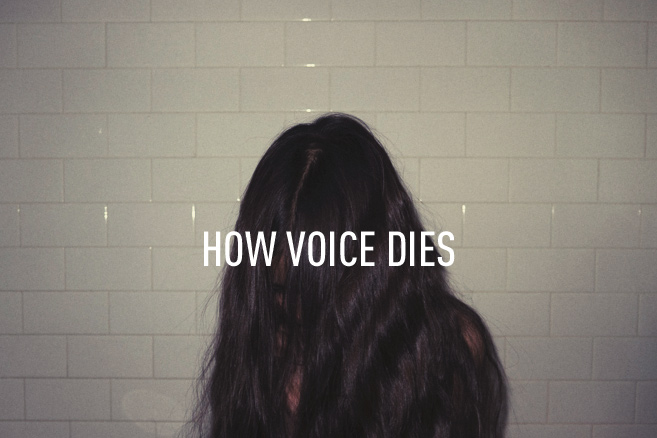The big problem with photography has nothing to do with photography.
It has to do with validation.
Vali-fucking-dation.
Not that there’s anything wrong with that.
But there is.
Because it’s making our lives shit…
The other night, I was “chatting” with a friend in FB through comments. She posted a comment. I posted back. Pretty soon, we were having a full on conversation.
And whenever she liked my comments, that stupid red balloon would pop up, giving me a notification. And even though I knew that it was just notifying me about the conversation I was having at that very moment, I still kept clicking on it.
Facebook has turned me into a sheep.
I am now the dog in the movie Up: “Squirrel!!”
The problem with echo chambers is that they do nothing but give you validation on the cheap. We’re such a bunch of red-dot junkies (or double tap mongers, if Instagram is your drug of choice), that it’s become more important to be liked than to to actually bother to say something.
The truth is, putting yourself out there and actually saying something is like putting your head on a chopping block. Why bother, when you can now get the same rush without the risk?
Here’s how it’s supposed to go:
There’s you, and there’s what you do. And the reason what you do means something is because it reflects you.
But 9 times out of 10 or 999 out of a 1,000, it’s all batshit crazy, topsy-turvy, upside down.
You should define your photography. Your photography shouldn’t define you.
That means you, as in what you believe and who you are, must flow into the work. Every experience, every thought, every hope, every dream, every crushing defeat, every bit of pain. Squeeze every little ounce out of everything you do.
The moment you stop, your work becomes dead and cold and lifeless. Sharing becomes begging for attention instead of sharing. Focus on what you can give. Not what you can get.
When the desire to give is stronger than fear of judgement, you are invincible. You control the world.
When it’s all about what you get, on the other hand, you put a carrot on a stick, and you chase an empty void, looking for something that will never be there.
Putting approval over belief puts the world in control of you.
Are you giving? Or are you simply inhaling the fumes of the short-lived and fast-forgotten feel-goods?
Now, maybe it’s always been true that people just want the validation and attention.
After all, who doesn’t like to be noticed?
But what’s different is that now, it takes all of nothing to get noticed. It takes all of nothing to get the likes. Facebook is nothing, if not an endorphin machine, designed to prop you up without taking the hits.
And make no mistake, it’s the hits that define you. That build your strength and give you something to say and put the life in your fight. Because life isn’t really about the fight. It’s about finding what’s worth fighting for. But that only happens in challenge and adversity and openness and possibility.
No matter what Zuckerberg might want, believe, or think, and no matter what rosy future his recently released mega-manifesto paints, here are two truths:
- The better the algorithm makes you feel, the stronger the algorithm gets.
- The best way to make you feel good is by validating your beliefs and getting you likes.
In other words, the algorithm, which, let’s face it, controls us all, has its own life, and to survive and thrive, it benefits the most by doing whatever it can to suck you in. And the best and easiest way to do that?
To make the echoes louder than the words.
In other words, it doesn’t give a crap if you’re good or if you get better. It just wants you addicted, and it will reward your most mediocre self. Junk food approval may fill you up with calories. But it won’t get you the nutrition.
Stay hungry.
Put your energy into being something, not into thinking you’re being something.
And, yeah, maybe it all sounds like a bunch of Terminator, Matrix-y shit, and, well, what can I say?
I guess fiction rhymes with reality.
1984, anyone?
It used to be that getting attention took work.
Soul-fulfilling, mind-expanding, body-strengthening work. And, yeah, maybe we still wanted the fame and the fortune and all the goodness that the world flaunted, but to get it, it used to be that you had to climb the steep climb and learn to stick your neck out to say something.
And what about now?
It’s actually more true than ever. But in the jungle of endless noise and complete and total interruption, it’s also harder than ever to see.
Now, you don’t just need to fight to become something.
You need to fight to even want to be something.
That’s the question:
How much do you matter to you?
—Spencer Lum
